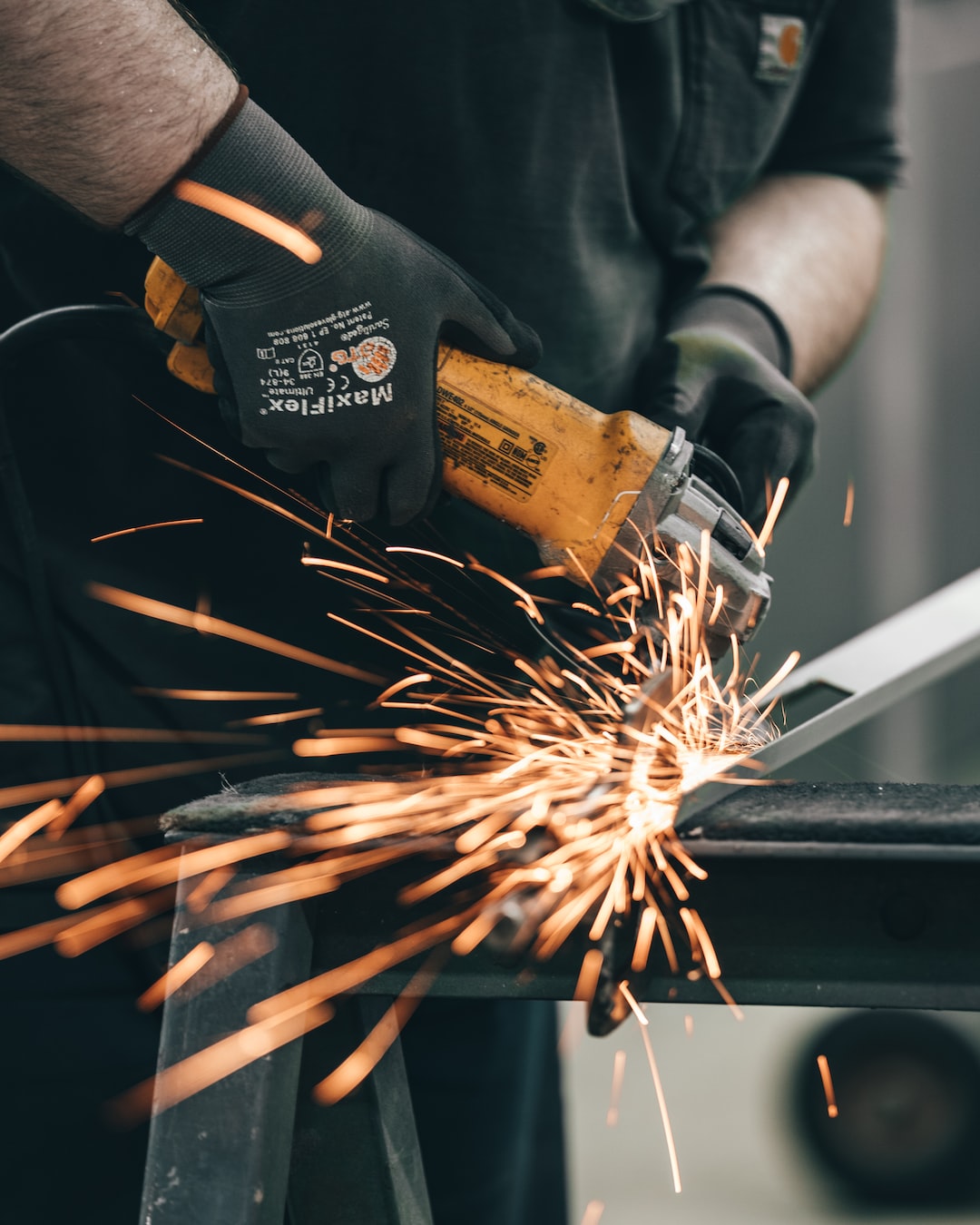Enhancing Operator Training through Virtual Reality Simulations
In many industries, operator training plays a crucial role in ensuring the safety and efficiency of operations. From manufacturing and construction to healthcare and aviation, skilled operators are essential for smooth and successful operations. However, traditional training methods often come with limitations, such as high costs, accessibility, and safety concerns. This is where virtual reality (VR) simulations step in, revolutionizing operator training by providing immersive and realistic experiences. One such industry that can greatly benefit from VR simulations is the automotive sector, especially when it comes to working with components like “abgasschlauch hitzebeständig” (heat-resistant exhaust hose).
Virtual reality simulations offer a unique learning experience that bridges the gap between theoretical knowledge and practical skills. By using VR headsets and controllers, operators can interact with a virtual environment that closely resembles their real-life workspaces. This not only helps in building muscle memory and hand-eye coordination but also allows for experimenting with different scenarios and exploring potential challenges. For automotive operators, this means being able to handle “abgasschlauch hitzebeständig” in a virtual environment before they work with it in the actual setting.
One of the key advantages of VR simulations is the elimination of safety risks during training. In industries like automotive, working with components such as “abgasschlauch hitzebeständig” in real-world scenarios can pose potential hazards, especially for inexperienced operators. With VR simulations, operators can practice their skills without the fear of causing any harm or damage. This boosts their confidence and enables them to develop the necessary skills and expertise without any consequences.
Another significant benefit of VR simulations is cost-effectiveness. Traditional training methods often require costly equipment and resources, as well as dedicated training facilities. On the other hand, VR simulations can be conducted using relatively inexpensive equipment, such as VR headsets and controllers. This not only reduces the overall training expenses but also allows for training sessions to be conducted remotely, transcending geographical barriers. Operators can hone their skills from any location, even if they are physically unable to access specific training facilities.
Furthermore, VR simulations offer a level of customization that traditional training methods struggle to provide. Operators can train in various scenarios and settings, allowing them to practice their skills in different environments. For automotive operators, this means being exposed to different working conditions while handling “abgasschlauch hitzebeständig”. This versatility ensures that operators are well-prepared to handle any challenges they might face in their actual work environments.
In conclusion, virtual reality simulations are transforming operator training in various industries, significantly enhancing the learning experience. By providing realistic and immersive environments, VR simulations allow operators to practice their skills and gain confidence without any safety risks. This is particularly valuable in industries like automotive, where handling components like “abgasschlauch hitzebeständig” requires skill and accuracy. With its cost-effectiveness and customization options, VR simulations present a promising future for operator training, ensuring a highly skilled workforce capable of meeting the demands of modern industries.
************
Want to get more details?
TAL Systemtechnik GmbH
https://www.tal-systemtechnik.de/
+49 7731 68405
Byk-Gulden-Straße 36, 78224 Singen
TAL Systemtechnik GmbH – Wir produzieren und liefern Ihnen konfektionierte Dämmstoffe nach Maß, Akustische Dämmung zur Schallisolierung, den TL flexibler Abgasschlauch hitzebeständig und diverse Schallschutzvorhänge für die Industrie.

